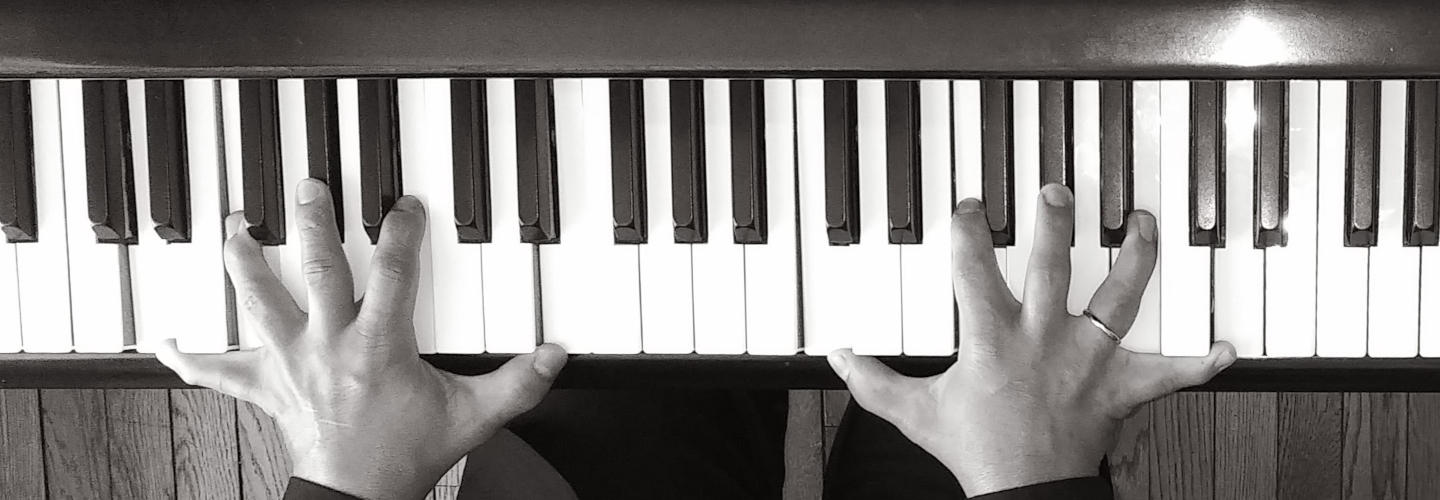Rorianne Schrade of the New York Concerts Review hailed Dr. Farouk’s Carnegie Hall solo debut as ” Absolutely Masterful…..run – don’t walk – to hear Wael Farouk!”
Full Article:
June 1, 2013
Just a year ago, I had the pleasure of hearing (and reviewing) Wael Farouk in one of the best renditions of the Rachmaninoff Third Concerto I’d ever heard, and I could hardly wait to hear him again. The focus in that first hearing had not been his adverse situation as a pianist or, as his biography states, “small stature and an unusual hand condition that prevents him from making a fist or straightening his fingers” (though it was indeed striking to behold his hands’ miraculous maneuvers); what struck one most that evening was his tremendous music making, the kind that defies and transcends any and all challenges. His playing shows a commitment that is profound, and so does his repertoire, which according to his biography includes more than 50 concertos and 60 solo programs (of which he has given Egyptian premieres of the Rachmaninoff Piano Concerto No. 3, Brahms Piano Concerto No. 2, and Prokofiev Piano Concertos Nos. 1, 2, and 3).
Mr. Farouk had been scheduled to give his New York recital debut in Weill Hall in November, 2012, but he was forced to reschedule the concert because of Hurricane Sandy. The debut finally materialized seven months later – an annoying amount of time to keep a program on the “back burner” while scheduled also for a 140th Anniversary complete Rachmaninoff cycle – but his devoted following was handsomely rewarded for the wait. There were, as will increasingly be expected, numerous pianists clustered near the stage, gesturing towards their own hands, speaking about sizes and stretches, and watching intently. As one may guess, Mr. Farouk’s magic is not so much about hands as about the inner musician.
Mr. Farouk’s imagination was readily apparent from the very first notes of the Prelude in B-flat Minor, Op. 37, No. 1, by Alexander Scriabin. The gentle, almost glassily rendered melody of his opening announced the presence of a sensitive artist and set the tonal palette well for future building into the next work in the same key, Rachmaninoff’s Sonata No. 2, Op. 36 (the revised version). Here Mr. Farouk shaped his phrases with elegance and an almost cerebral quality that is unusual among the many heart-on-sleeve versions. I must admit I lean towards the heart-on-sleeve interpretations, but it was fascinating to hear so many inner voices featured and such a sense of priority in the architecture. For me, there needed to be more building along the way (especially in top melodic registers) from the very first accelerando of the first movement to the clangorous almost bell-like resonances later on, but disagreements are inevitable, and Mr. Farouk always showed persuasive commitment. Vive la difference – Mr. Farouk will not be without controversy!
To close the half (surprisingly, as one usually sees the Rachmaninoff Op. 36 closing a half), Mr. Farouk gave the U.S. premiere of “To Our Revolution’s Martyrs” by leading twentieth-century Egyptian composer Gamal Abdel-Rahiem (1924-1988). In two well-crafted movements, “Elegy” and “Clash” the music spoke of national struggles through a hybrid language of Arab and Western modalities (and outlines of diminished fourths never far). In light of 2011 events, it has an updated political resonance, perhaps the intent in Mr. Farouk’s programming; at any rate, it was particularly interesting simply to hear music of a composer who taught virtually an entire generation of Egyptian composers.
To open the second half, Mr. Farouk gave the World Premiere of “I Colored a Wanted Music I Can Always Hear”- a tonally mild and quasi-impressionistic haiku-inspired composition by Scott Robbins (b. 1964). It was sensitively delivered, and the composer, present to take a bow, beamed with pleasure.
Rachmaninoff’s Prelude Op. 32, No. 5 in G Major made a skillful transition back to the Russian world, specifically to Mussorgsky’s Pictures at an Exhibition. Here was the absolutely masterful playing of the evening. Mr. Farouk distilled the essence of each feeling and image in Mussorgsky’s phrases and gestures. Each highly contrasting movement was a gem of color and spirit, overflowing with energy and life right up through the final powerful chords. The audience leapt to its feet and was rewarded with three encores, the Gluck-Sgambati Melodie, Rachmaninoff’s Prelude in G-sharp minor, Op. 32, No. 12 and the brilliantly played Liszt Paraphrase on Verdi’s Rigoletto. Bravo – and encore! While, nothing has eclipsed the memory of that Rachmaninoff Third Concerto of a year ago, I would still say: run – don’t walk – to hear Wael Farouk!

